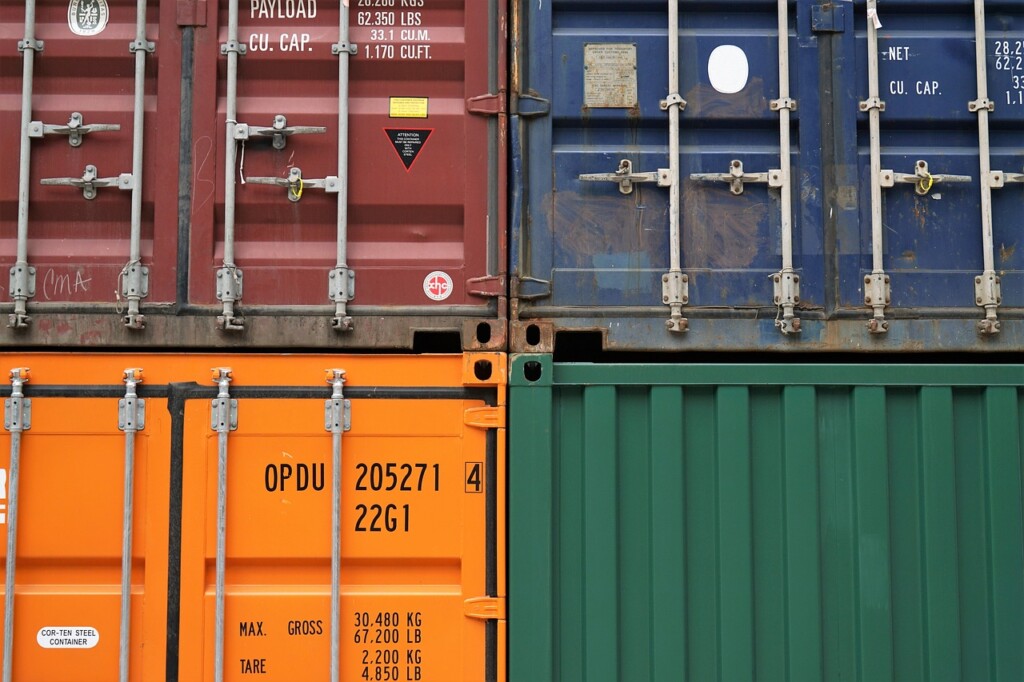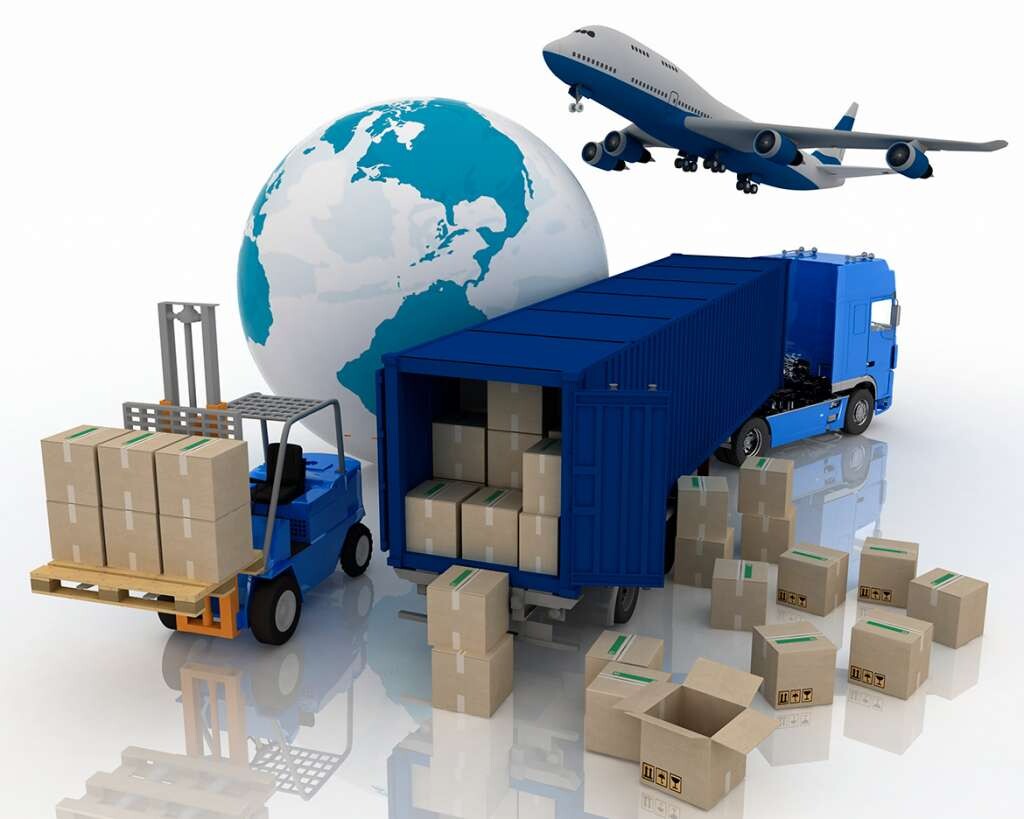On January 1, 2020, the IMO 2020 regulation will come into effect, through which the International Maritime Organization (IMO) aims to reduce the sulfur emissions from ships, which are harmful to the ozone layer. The question that arises among importers is whether this regulation will affect the cost of freight for goods.
The IMO 2020 regulation dictates that ships cannot use fuel that contains more than 0.5% sulfur. Currently, the limit is 3.5%. Since 1960, the IMO has been working to reduce the environmental impact of maritime transport, but it wasn’t until 1997, with the signing of the VI MARPOL International Convention, that steps were taken to curb emissions. Now, an important step is being taken with the entry into force of the IMO 2020 regulation.
How will shipping companies respond to the IMO 2020 regulation?
The IMO has not established a single formula for shipping companies to comply with the IMO 2020 regulation, so each one can adopt the solution it deems most convenient:
At Bull Importer, we are aware that any change in regulations related to importation concerns our clients. Our mission is to keep them informed of legislative changes.
- Use fuel with a maximum sulfur content of 0.5%.
- Employ fuel with a higher sulfur concentration in combination with a cleaning system that filters the gases before emitting them into the atmosphere.
- Refuel with other types of fuel, such as liquefied natural gas (LNG) or biofuel.
Each of these alternatives has its advantages and disadvantages for shipping companies. In the first case, the most economical and easy to implement, it may mean that the limited availability of low-sulfur fuel becomes more expensive due to increased demand. In the other two cases, the cost is given by the necessary modifications in the infrastructure.
For these reasons, some shipping companies are considering making a higher initial investment to adapt the ships, but that would be more profitable in the long run.
Will these changes affect importers?
It is still too early to determine if the regulation will affect the cost of international maritime transport. It is possible that freight costs will increase through surcharges, although it is believed that it will not be excessively costly for importers. In any case, ships will continue to be more profitable than importing goods by air, as is currently the case in most situations.
So far, shipping companies apply surcharges based on fuel price fluctuations. These surcharges are usually made based on different reference indices:
- BAF (Bunker Adjustment Factor)
- EBS (Emergency Bunker Surcharge)
- BUC (Bunker Contribution)
- BRC (Bunker Recovery Cost)
It is also possible that other indices will be applied to adapt to the regulation, such as:
- MFR (Marine Fuel Recovery)
- FAF (Fuel Adjustment Factor)
- GFS (Global Fuel Surcharge)
- OBS (ONE Bunker Surcharge)
- ERS (Emergency Risk Surcharge)
So far, there has been no increase in freight costs and the logistics of imports has not changed. According to this trend, there should be no direct economic consequences for importers.
We will have to wait for the regulation to come into effect to analyze its effects precisely. However, in the worst-case scenario, the increase will not be considerable and importing from China will remain profitable.
If you are considering importing from China or another Asian country, do not hesitate to consult Bull Importer. We advise you on all phases of the importation process.




